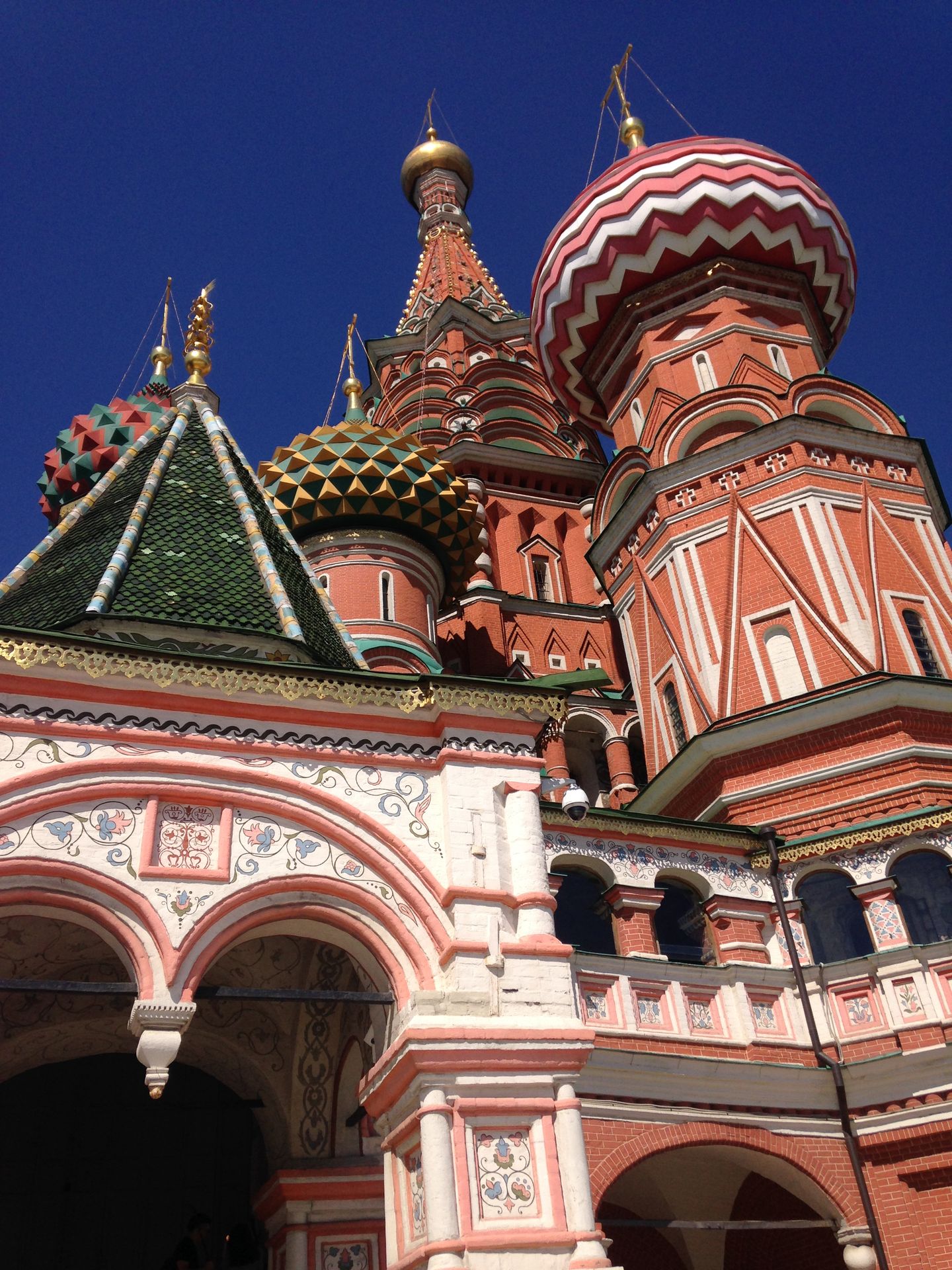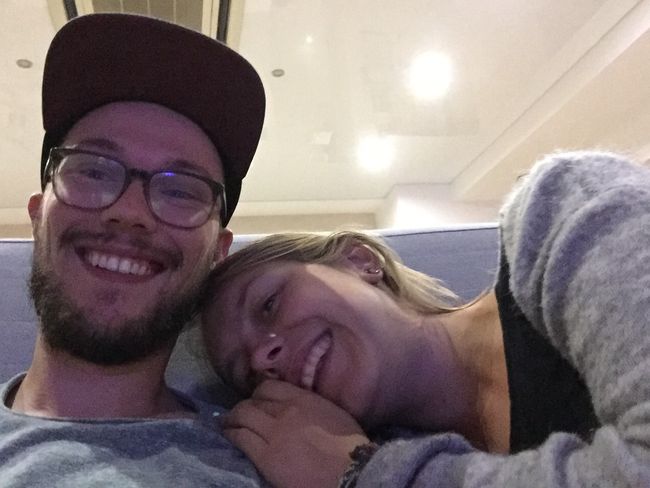
mitreneundmariedurchasien
vakantio.de/mitreneundmariedurchasien
Fourteenth Section: Due to discrepancies among the authors, this entry unfortunately has no title.
Ipapashiwe: 06.12.2018
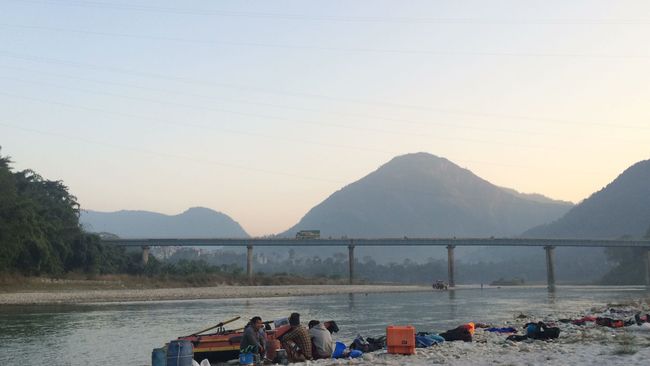
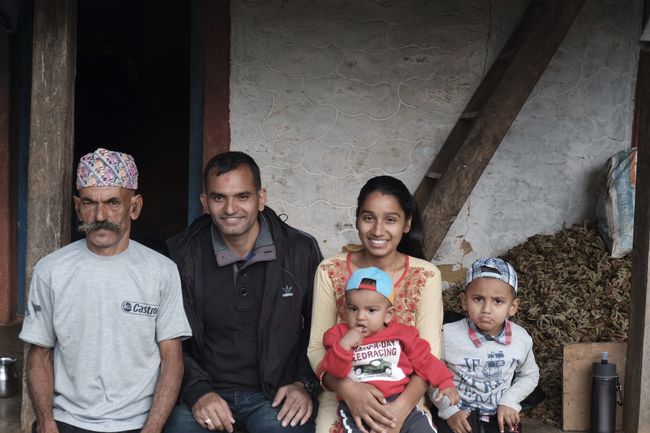
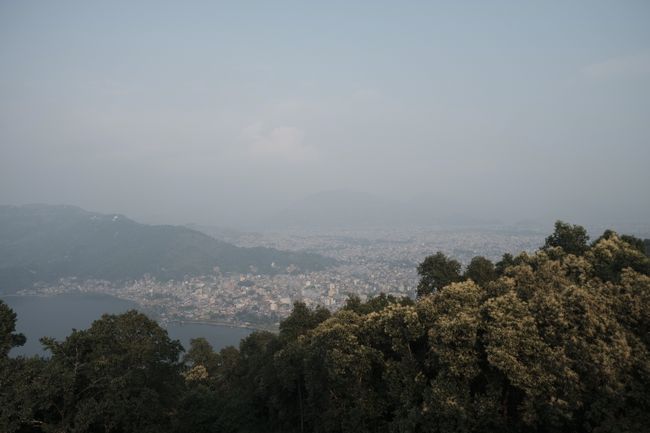
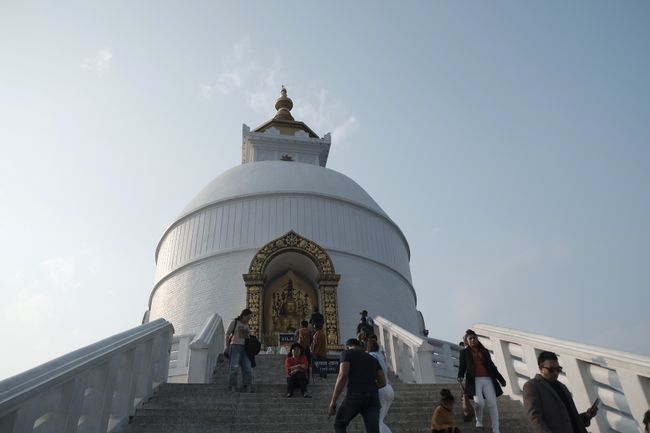
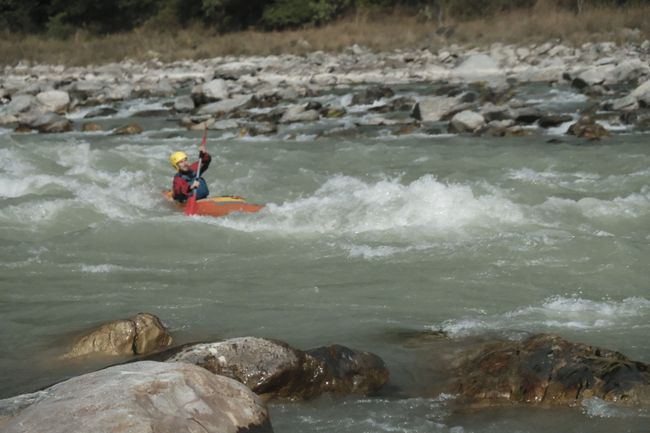
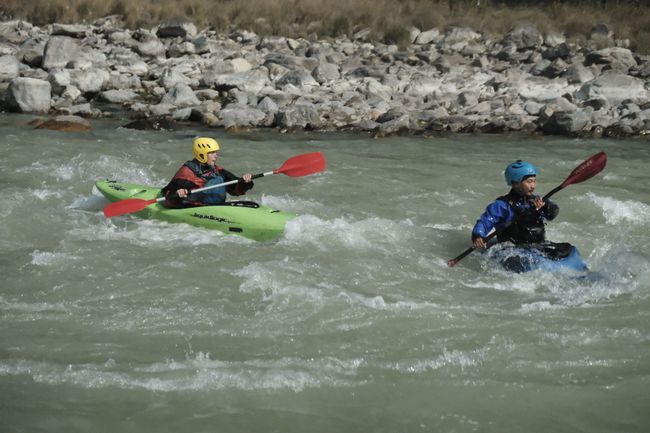
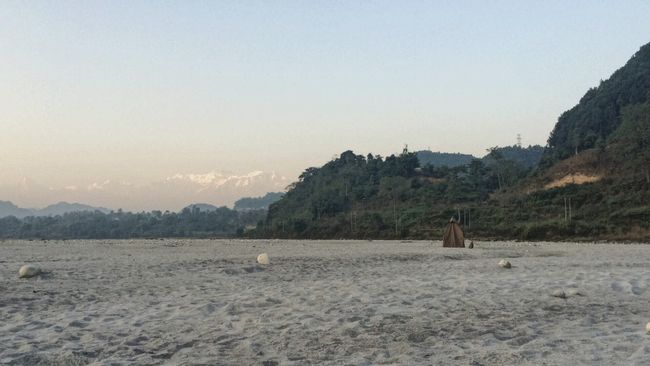
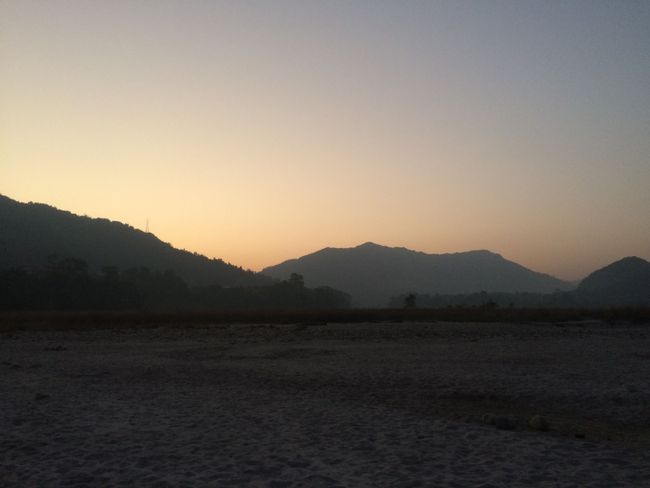
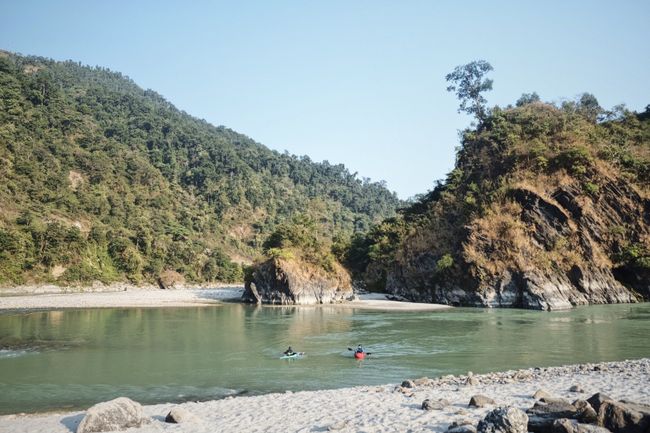
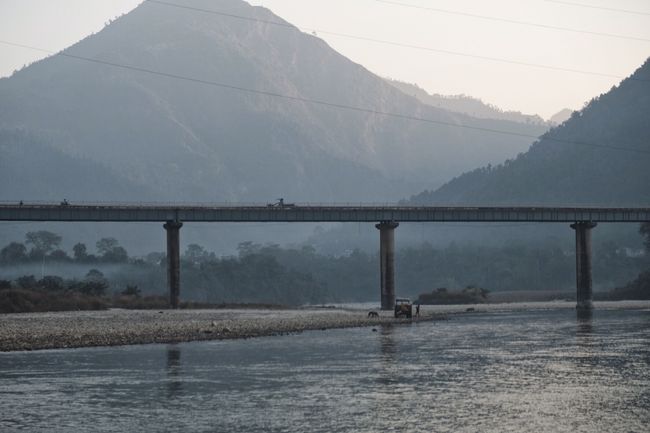
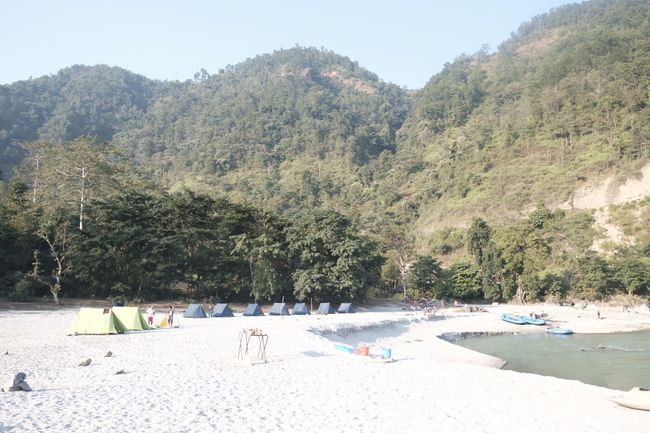
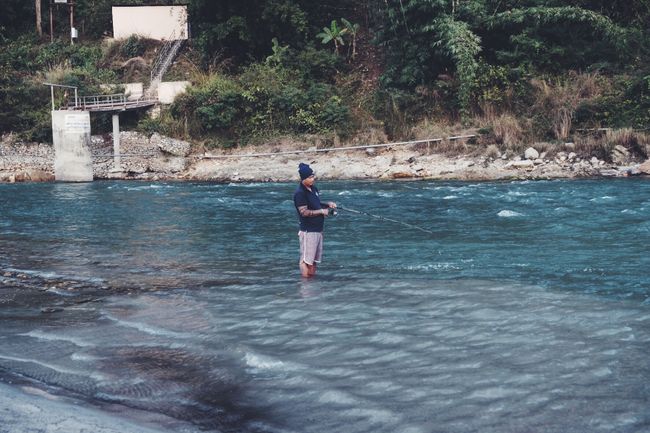
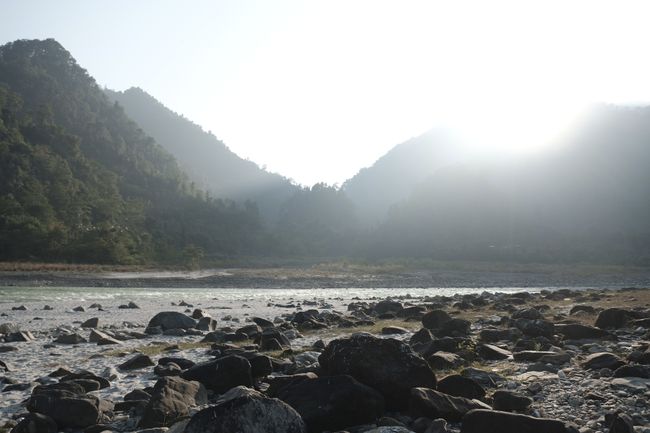
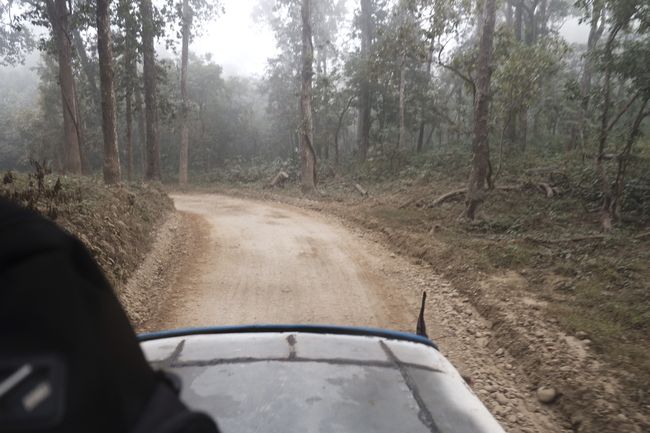
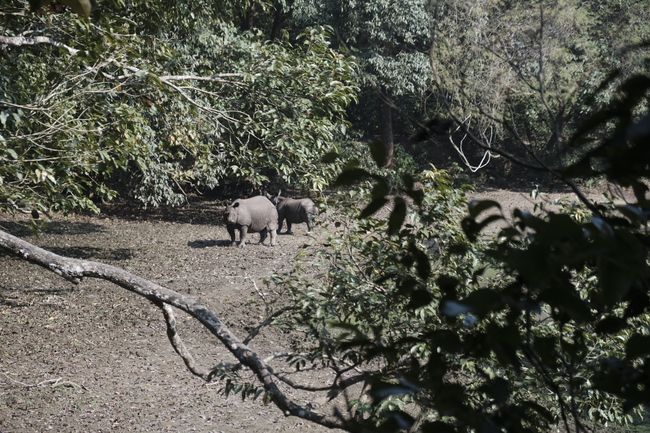
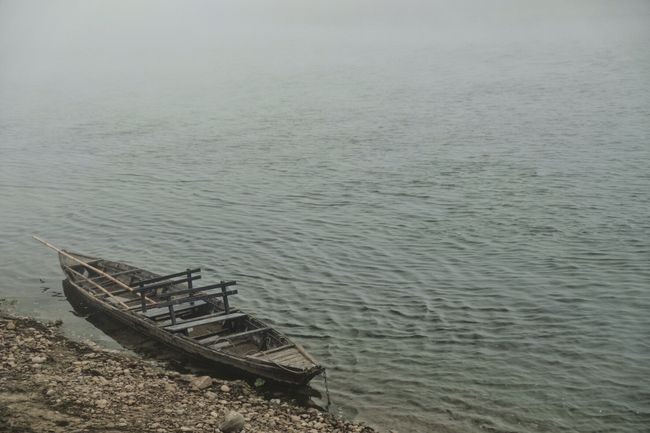
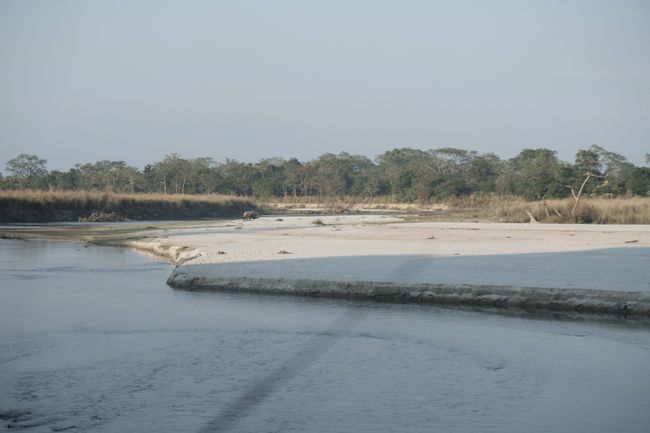
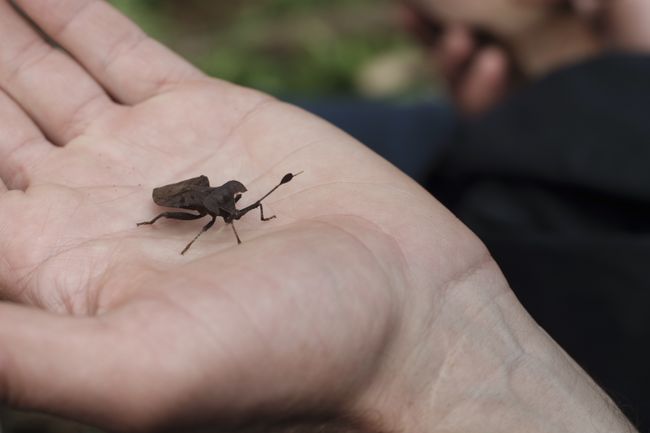
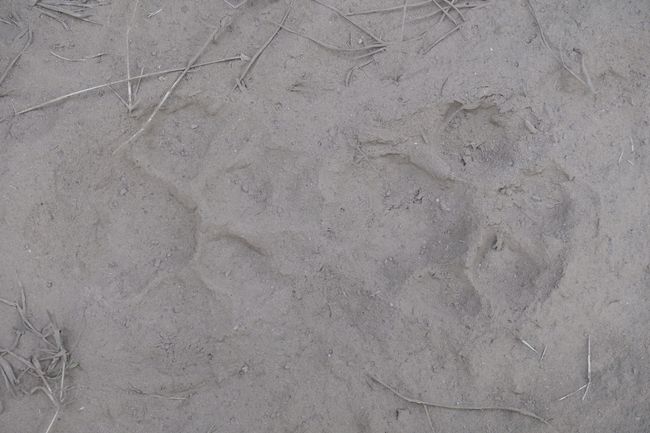
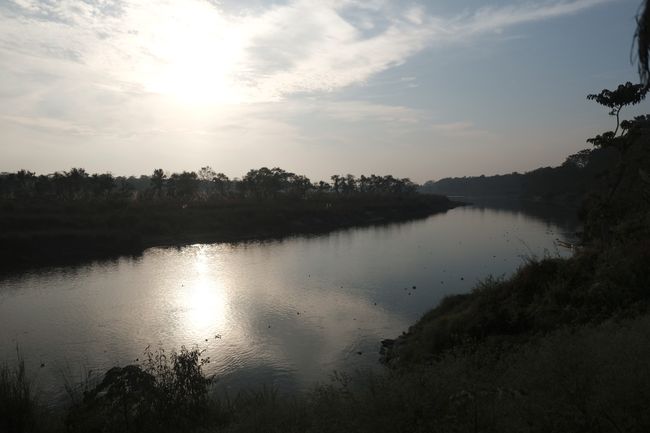
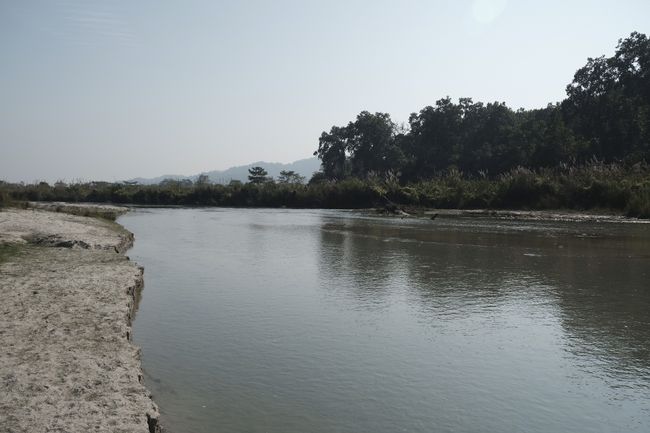
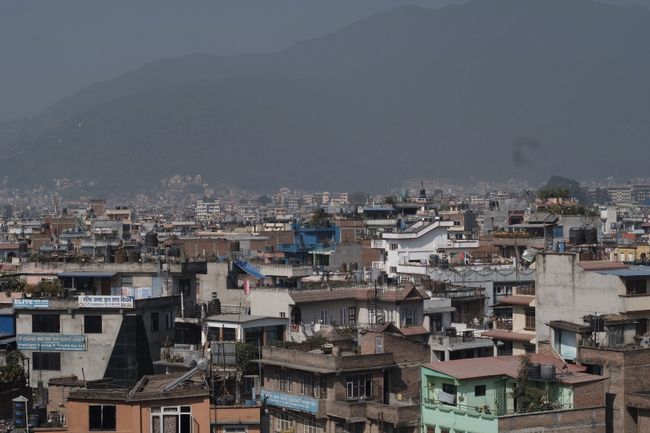
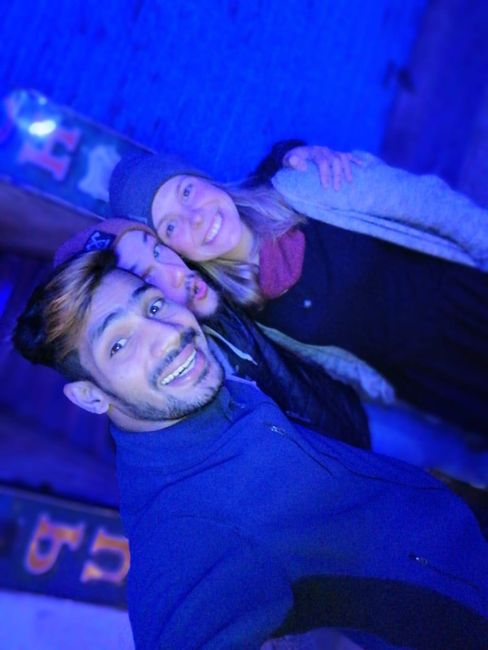
Bhalisela kwincwadana
The next few days after our mountain adventure, we wanted to spend in Pokhara. We wrote to Paudel, our dear Nepalese friend whom we met in Mongolia, that we were now in his hometown and if he would like to meet up with us. At noon, he replied that we can meet spontaneously at Lake Side. As the name suggests, Lake Side is located right by the lake in Pokhara, surrounded by mountains. The sky is dotted with colorful parachutes and the lake is filled with small boats, where tourists and locals alike can take a break from the hustle and bustle of the city. Located on Lake Side is the tourist street of Pokhara, where you can have a good coffee in an art café, find various juice bars, and restaurants with gluten-free pancakes and avocado in every dish (which unfortunately I am allergic to). In the evening, you can go to the movies or watch an illegally downloaded film on a small projector in small bars.
So we met up with Paudel. He suggested taking a boat to a small island on the lake where there is a temple. Surrounded by many locals, we boarded the boat and learned that there was another festival happening, as there always is in Nepal. On the island, we met up with Paudel's cousin, who works in the Emirates for the rest of the year. Many Nepalese work abroad, especially in the Emirates, and 30% of the GDP is earned abroad. Despite 68% of Nepalese working in agriculture, only 38% of the GDP is generated there.
Paudel asked us if we wanted to go with him to his family's house and we eagerly agreed. But before we left, we had some momos (filled dumplings), and it kept getting later and later. On the bus to Paudel's parents' house, his super loving wife and their two young sons also joined us, and we slowly realized that this spontaneous visit was meant as an overnight stay. We were absolutely unprepared. When we arrived at the small mud hut, we were welcomed with milk tea and Paudel cooked us a fabulous dal bhat. It was wonderful to see how lovingly everyone interacted with the two little boys. In the evening, we cuddled up in our bed, wearing the same clothes as the day before and without brushing our teeth. The next morning, Paudel took us to a nearby stupa from where we could have had a great view if it hadn't been so cloudy. After lunch, we visited another stupa and then headed back to Pokhara. So we had a truly spontaneous but also very beautiful trip, but now we were really looking forward to doing nothing in the tourist area. And that's exactly what we did: nothing. We met many old acquaintances from last time in Pokhara again, played cards, watched movies, and didn't eat dal bhat. One day, René went bouldering while I planned to go jogging by the lake. Unfortunately, my plans didn't turn out so well as René absentmindedly locked the door from the outside, and I was trapped in our room for 2.5 hours. So I had plenty of time to finish writing all the postcards. At least.
The next day, I decided to join René at the bouldering hall. There we met many nice people, and in the evening, we grilled together by the fire. And then the next day, we were off on our adventure trip! We had booked a kayak course. After our first white-water kayak crash course in Slovenia, which was a horror for me, I was hoping to be less afraid this time. After all, we had four days to get used to the water. Early in the morning, we drove to the river. The sky was gray and cloudy, and the air was cold with moisture. In these regions of Nepal, the fog usually dissipates only after ten o'clock, then it gets very hot, and in the afternoon, when the sun disappears behind the mountains at four o'clock, it gets cold and humid again. So the day-night rhythm also shifts accordingly. We usually go to bed early, outside of Pokhara often as early as nine o'clock.
We carried all our things down to the water, put on our wetsuits, warmed up, and got into our kayaks. We had two guides to support us in the water, and two helpers who transported food, equipment, our bags, and many other things on a large raft. They set up the camp, helped us out of the water at difficult spots, and cooked elaborate, delicious meals for us. We spent the first day at a spot with almost no current, learning how to rescue ourselves from the kayak, how to behave in wild water, and practicing the roll. René learned it on the first day, while I once again struggled with my fear. The next day, we refreshed our knowledge and then set off to the next stop. Although I enjoyed paddling in the kayak, there were some situations where I panicked. I couldn't turn around and roll in open water. Instead of staying calm, hanging upside down in the kayak and waiting for the rescue boat, I freed myself and swam in open water. Due to the strong current, I couldn't swim to the shore and had to be rescued by the guides by clinging to the front of their kayak. Although this is probably a routine situation for the experienced guides, it was quite frightening for me.
In the evening, we made a small fire and sat for a long time with our companions, drinking warm tea by the beautiful riverside. Most notably, I had great conversations with a helper who called himself Angle about the Nepalese education system, the changing society, and the caste system that is hardly represented in the cities anymore in this small country. The following day was similar to the second day, and I gathered all my courage and got on the water, sometimes marveling at the breathtaking nature, not believing that I was really here, and sometimes racing down the river in panic. Meanwhile, René got better and better at his rolls and seemed to be having a lot of fun all the time. In the evening, we shared our camp with a mostly French rafting group. We ate together, sat by the fire, and in the evening, the guides convinced us, in typical Nepalese fashion, to dance. In Nepal, the music is always loud, people dance and celebrate with abandon, and there is always some kind of festival that serves as a good excuse for a loud dance event.
The last day was really great, despite my stomach acting up. There were huge whirlpools and waves that we had to ride down. Strangely, I was hardly afraid anymore and enjoyed the thrill. Our helper boat patiently waited at each rapid to pull us out of the raging water if necessary. While I had to be rescued twice, René also capsized once. When we approached the silvery shimmering shore, many children from the villages on the hillside, surrounded by tropical plants, often came out, excited to see someone do a roll. In the end, I was really glad that I had overcome my fear and participated in this tour.
From our arrival point at a small diner by the river, we took the bus to Chitwan, a national park and jungle located right on the Indian border. There, we met Emre, a very kind British guy. When we got off at his hostel and he went inside, a tall, brown-haired American with a wide grin approached us. He wanted to do a jungle tour with us. We had also planned to do a jungle walk, but we were a bit caught off guard. His name was John, he was a sports teacher, and he turned out to be a really cool guy who quickly convinced us to go into the jungle with him, even though we would have liked a little break from adventure, especially since my stomach was not fully recovered yet. So we went with him to his hostel, which was located right on the riverbank, and where we got a place in a cozy tent for only 2€ per night. After a few minutes of settling in paradise, we went to various agencies that offer jungle walks. In the national park, you can only enter accompanied by two guides, and you have to pay a fixed fee of about 17€ per day, which is a lot of money in Nepal. We found an agency that was recommended to us by a friendly couple we still knew from Kathmandu and happened to meet on the street. In the evening, we went out to eat with Emre, who unfortunately could not join us in the jungle, the friends from Kathmandu, and John. The restaurant owner refused to give us spoons and said we should eat like true Nepalese with our hands. It was fun to watch Emre.
The next day, we wanted to go towards the jungle without entering it, spend a night on the outskirts, and then spend the next two days in the national park, where people have not been allowed to live for 15 years. We always had to sleep in the buffer zones, which are outside the park.
Unfortunately, René felt very, very sick the next morning. He vomited, had stomach cramps, and a fever. Nevertheless, we got on the buses with our two guides, Johnua and Laxmi, hoping that René wouldn't vomit in the bus. While John and I had a really fun evening in one of the best hostels, René was sick in bed. But the next morning, he was already much better. I think we both had stomach problems because we unintentionally swallowed a lot of river water while kayaking. But who knows?
Early in the morning when entering the national park, we received many safety instructions on what to do if we encounter a bear, a rhinoceros, a tiger, or crazy monkeys. However, the most dangerous are the solitary elephants. One in particular, Ronaldo, is highly feared. He got his name because he loves playing football with humans, using them as balls. He has already killed nine people.
On the first day, we saw four rhinoceroses: a mother with her baby grazing in front of us while we climbed onto a tree for safety, one hiding in the thicket next to the road, and another one splashing around in the river. Rhinoceroses can be very dangerous. They can smell and hear you if you get too close to them. They can only see up to about twenty meters. We also saw several deer, a wild boar, wild peacocks, and chickens. John really wanted to see a tiger, which is almost impossible, so we spent a lot of time waiting and searching for tracks. In the jungle, you always have to walk quietly and not talk, which made the jungle trip a bit boring at times. Especially the next day, when we unfortunately hardly saw any animals. During our lunch break, we sat on a pile of animals that likely had more inhabitants than we had seen all morning. There were spiders, ants, and crazy beetles everywhere, while we tried to eat our rice with our hands in typical Nepalese fashion. Only at the end of the day, at a very touristy lake, did we see many animals, especially many crocodiles sunbathing on the shore. We also came across a python which was apparently huge, but we were too slow and could only listen to John's description. Besides the rhinoceroses, the most exciting part was our river crossings. So on the first day, we had to wade through a thigh-high, raging river. While Laxmi crushed my hand to prevent me from being washed away by the river, I was only worried about our camera, which was dangling around his neck. After surviving this crossing without any damage, it was quite an adventurous and cool experience. Overall, the trip was really nice, as hiking in the jungle alone is really exciting.
After that, we went back to Kathmandu. By now, we find the city really... annoying. It's noisy, dusty, dirty, way too crowded, and chaotic. However, we had to take care of some things, buy things for our volunteering, go to the airport to inquire about the sleeping bag once again, buy a tent, etc. etc. The really nice thing was that we met some old acquaintances at our hostel. We also met up with Noray, a super kind and great Nepalese friend of ours whom we knew from the last time. We had two super funny evenings with him, among other things. We happened to meet the manager of our favorite restaurant, and the next day we went there to eat together. Noray will soon be studying in France, and hopefully, he will visit us in Münster sometime!
Bhalisela kwincwadana
Phendula
